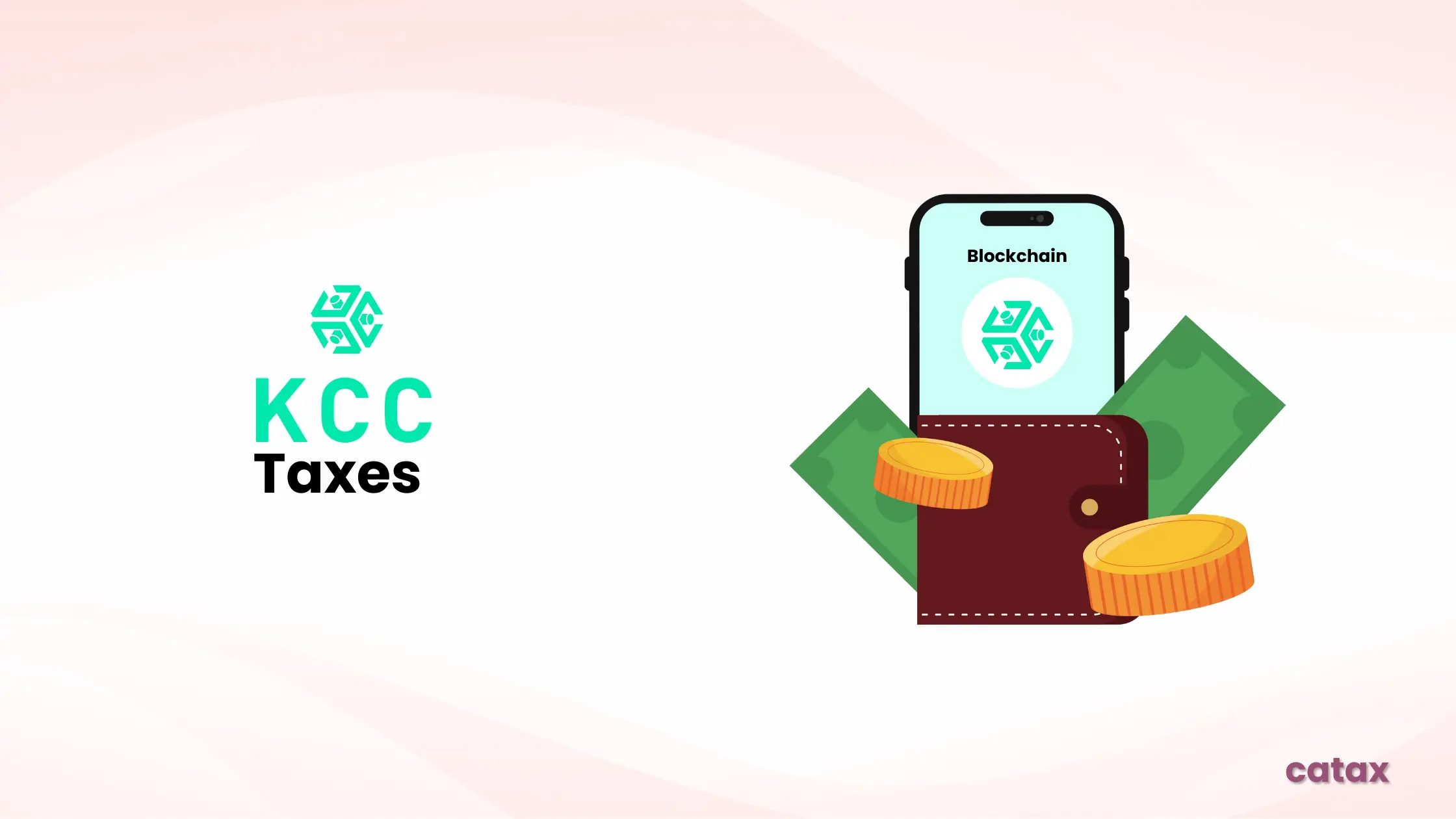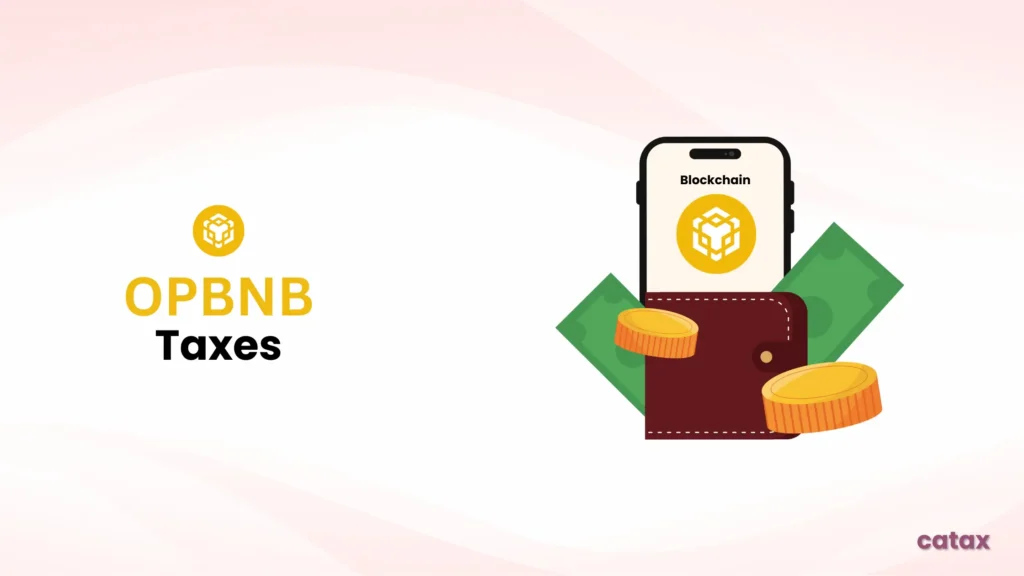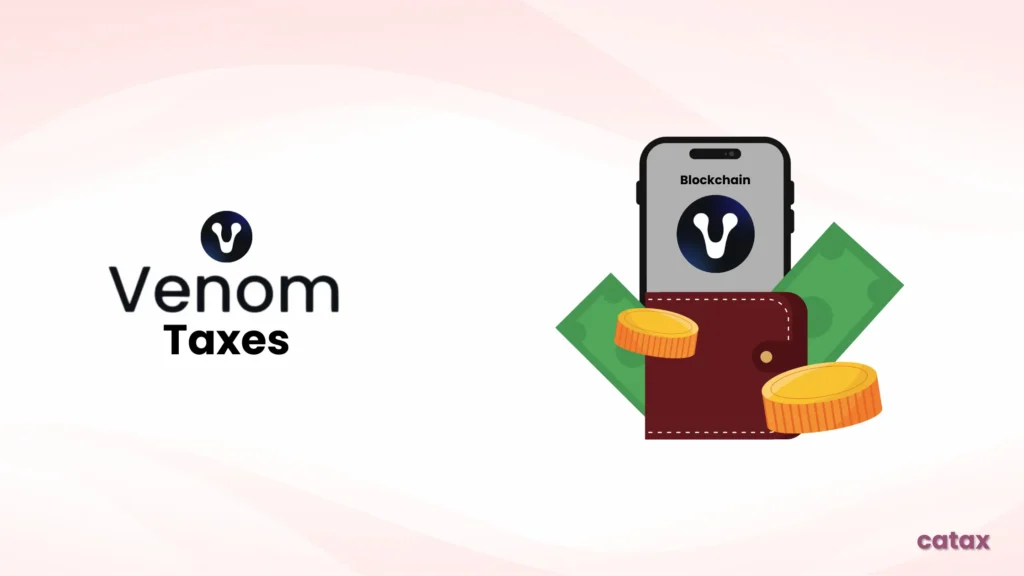Cryptocurrency tax rules vary by country, and KuCoin Community Chain (KCC) taxes transactions may be taxed based on your local regulations. Whether you buy, sell, trade, or stake assets on KCC, understanding how tax authorities classify these actions helps you stay compliant and avoid penalties.
This guide simplifies KCC crypto taxes so you can manage your reporting confidently and accurately.

- How to Connect Your KuCoin Community Chain Wallet to Catax
- Are KuCoin Community Chain (KCC) Transactions Taxable?
- Can You Deduct Trading Fees and Other Costs?
- How Are KCC Tokens Taxed Based on Holding Period?
- How Is Staking Income on KCC Taxed?
- Can You Claim KCC Losses for Tax Relief?
- How to Stay Compliant with KuCoin Community Chain Tax Rules
How to Connect Your KuCoin Community Chain Wallet to Catax
To track your KuCoin Community Chain (KCC) transactions and calculate taxes effortlessly, follow these simple steps to connect your wallet to Catax:
- Open your KCC wallet or access a block explorer (such as MetaMask, Trust Wallet, Ledger, or any supported wallet).
- Copy your public wallet address from your KuCoin Community Chain wallet.
- On Catax:
- Log in and select your country.
- Select Chain, then search for KuCoin Community Chain.
- Paste your public address and click Connect.
Once connected, Catax will automatically sync your KCC transactions and simplify your crypto tax reporting.
Calculate My Taxes ➤Are KuCoin Community Chain (KCC) Transactions Taxable?
Yes, in most countries, transactions on the KuCoin Community Chain (KCC) are taxable. Governments may treat KCC tokens as capital assets, property, or income depending on how they’re used.
When Do You Have to Pay Taxes on KCC?
You may need to pay taxes in the following situations:
- Selling KCC tokens for a profit – If you sell tokens for more than you paid, the profit is usually subject to capital gains tax.
- Trading KCC tokens for another crypto – Swapping KCC tokens for other cryptocurrencies (like ETH or BTC) may trigger a taxable event.
- Using KCC tokens for purchases – Buying goods or services with appreciated tokens can lead to capital gains tax.
- Earning KCC tokens from staking – Staking rewards are often taxed as income when received.
- Getting paid in KCC tokens – Receiving KCC for services or work is generally taxed as income, based on market value at the time.
Since tax rules vary, always check your country’s crypto taxation guidelines.
Can You Deduct Trading Fees and Other Costs?
Tax deductions for KCC-related expenses depend on local regulations.
Some countries allow deductions for:
- Trading fees on KCC transactions
- Network/transaction fees when transferring tokens
- Security tools like hardware wallets
Others may only allow:
- The purchase cost (cost basis) without additional deductions
Review your local tax laws or consult a tax professional to know what you can claim.
How Are KCC Tokens Taxed Based on Holding Period?
Your tax rate may change depending on how long you hold your KCC tokens:
- Short-term holdings (under 1 year) – Usually taxed at regular income tax rates
- Long-term holdings (over 1 year) – Some regions offer lower tax rates for long-term capital gains
- Flat-rate tax systems – Some countries apply a fixed tax rate, regardless of holding time
Understanding your local rules can help you plan your strategy and reduce your overall tax burden.
You can also check out our Country-Specific Guide for Crypto in Your country. This guide provides insights on regulations, tax implications, and compliance measures breifly explained for each country.
How Is Staking Income on KCC Taxed?
Staking on the KuCoin Community Chain (KCC) provides a way to earn passive income, but it’s important to understand the tax implications. Different countries have different rules for taxing staking rewards:
How Countries Tax KCC Staking Rewards
- Taxed as income: In some jurisdictions, staking rewards are treated as income. Taxes are due when the rewards are received, based on their fair market value at the time.
- Taxed as capital gains: Other countries tax staking rewards only when they are sold or exchanged. In this case, you pay tax only on the profit made from the sale.
Some countries may still apply taxes even if you haven’t sold your staking rewards. Always check your country’s specific tax regulations before staking KCC tokens.
Can You Claim KCC Losses for Tax Relief?
Not all KCC trades result in profits. If you sell your KCC tokens at a loss, you might be eligible for tax deductions. Here’s how different countries handle crypto-related losses:
- Loss carryforward: If you don’t have gains in the current year, some jurisdictions let you carry the loss forward to offset future gains.
- Limited deductions: In some countries, crypto losses are not deductible at all.
Maintaining detailed records of your transactions ensures you can accurately report and claim any eligible losses.
How to Stay Compliant with KuCoin Community Chain Tax Rules
As tax laws evolve, staying compliant with crypto regulations is crucial. Here are a few steps to help you stay on track:
- Understand how your country classifies and taxes KCC transactions—whether as income, capital gains, or business revenue.
- Keep a record of every KCC transaction, including buying, selling, trading, staking, and spending.
- Use a crypto tax platform like Catax to automate your transaction tracking and tax calculations.
- Consult a qualified tax professional if you’re unsure about your obligations under local law.
By staying informed and organized, you can manage your KuCoin Community Chain taxes efficiently and with confidence.
Book a Free Consultation Now →

